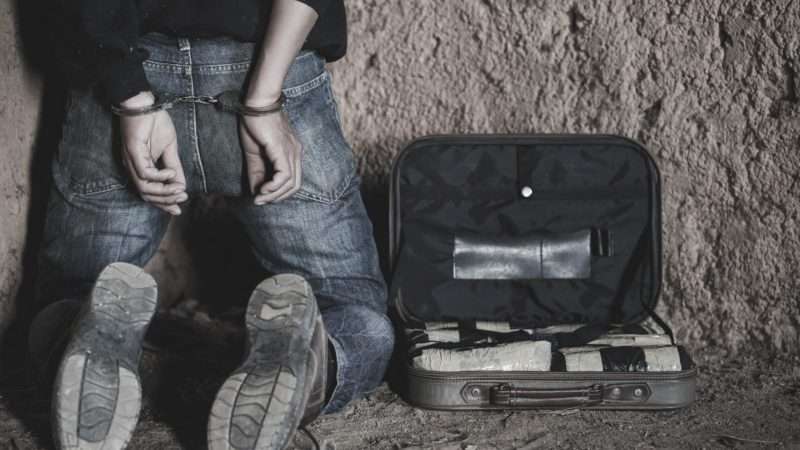
The Democratic Party Platform for 2020 is blunt about how it feels about the war on drugs:
It is past time to end the failed “War on Drugs,” which has imprisoned millions of Americans—disproportionately Black people and Latinos—and hasn’t been effective in reducing drug use.
That’s slightly stronger wording than the 2016 party platform, which also acknowledged that the war on drugs disproportionately impacts minorities and doesn’t stop drug use, but that’s really the only difference. Four years later, the Democrats are once again promising to chart a new federal course on cannabis policy and extolling the virtues of “prioritiz[ing] prevention and treatment over incarceration.”
While the platform says that “Democrats believe no one should be in prison solely because they use drugs,” it doesn’t call for the legalization of any drugs. As in 2016, the platform’s position on cannabis takes a cue from federalism: respect state laws, reschedule cannabis out of Schedule I (the category for drugs deemed dangerous, addictive, and non-medical). This is apparently the boldest position Democrats are willing to take, perhaps because Joe Biden does not support recreational marijuana legalization. Regardless of why, the official party platform remains behind the curve of the majority of Americans.
Instead of actually ending the drug war, the 2020 platform’s emphasis takes the same approach as the 2016 platform in calling for the expanded use of drug courts and diversion programs “for those struggling with substance use disorders.”
The problem: Drug courts, in practice, have been shown that they do not reduce policing encounters; some evidence supports the idea that they reduce incarceration rates or recidivism. A 2018 report from the Social Science Research Council (SSRC) analyzed drug court systems in the United States, the Caribbean, and Latin America, and found many cases where drug courts actually increased, rather than reduced, a drug users’ interactions with police and the criminal justice system. The SSRC analysis of five years of New York City drug courts determined that sentences for those who “failed” drug court were two-to-five times longer than those who just accepted a conventional sentence for drug possession. In other words, they would have been better off just pleading guilty.
The report found that the existence of drug courts in a community perversely causes police to focus on finding people to arrest for minor drug possession crimes, even absent evidence that these people actually had a drug addiction problem:
Evidence also suggests drug courts have led law enforcement to intensify its focus on people who use drugs but have either no or minor substance use disorders, which in turn has increased arrest and punishment for systematic drug use. A 2016 study of more than eight thousand cities and counties nationwide found evidence that local police increased attention to minor drug offenses in jurisdictions where drug courts were implemented.
Accordingly, research indicates many drug court participants do not have diagnosable or clinically significant substance use disorders and therefore are not in need of treatment.
And that’s a big, fundamental problem with how the Democratic Party platform is approaching drug use. It is assuming that every single person who is using an illegal drug is addicted and needs intervention. In order the get access to drug court, users are often required to plead guilty, surrender their rights, and “confess” to having an addiction, even if they are in fact just casual users.
The Democratic Party, as an institution, remains unwilling to accept and tolerate the existence of non-problematic recreational drug use. If it can’t even do this with cannabis, it’s certainly not going to accept the same is true of other Schedule I drugs, which means it’s not actually ready to end the war on drugs.
The Democrats say they don’t want to see people incarcerated “solely for using drugs,” but that’s what happens if you test positive for drugs while enrolled in drug court: you get incarcerated. Drug courts and compulsory drug treatment programs are enforced by men with guns, and you can’t end a war if you’re not willing to stop pointing guns at people.
from Latest – Reason.com https://ift.tt/3aDuS3g
via IFTTT